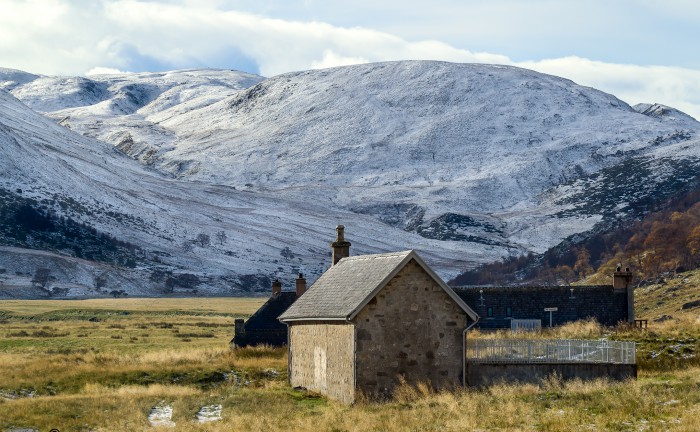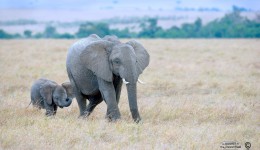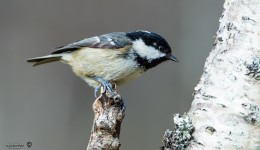
There is quite a bit of momentum over rewilding in the UK at present. For the uninitiated rewilding is and I quote from Wikipedia
“Rewilding is large-scale conservation aimed at restoring and protecting natural processes and core wilderness areas, providing connectivity between such areas, and protecting or reintroducing apex predators and keystone species.”
Also, from Rewilding Britain
“Rewilding encourages a balance between people and the rest of nature where each can thrive. It provides opportunities for communities to diversify and create nature-based economies; for living systems to provide the ecological functions on which we all depend; and for people to re-connect with wild nature.”
I believe that if we want a natural world around us rewilding is the way forward, creating habitats so our wildlife can thrive. I do, however, have many doubts if rewilding is possible, and in this post, I will try and highlight what I and many others think, are the major problems. Can we overcome these problems? Yes, we can. But because of the changes to society, it does seem unlikely.
Humanity is as a species much like a virus, feeding on its host and in the end maybe even killing the host that feeds it. We consume the resources of the planet at an ever-increasing rate. We also, in the process of consumption bring other foreign often harmful organisms into our created environment.
The Scottish Wildcat Felis silvestris silvestris is currently the subject of a major conservation effort because it is perhaps the most endangered cat in the world. Forget about Tigers or Snow Leopards they number in the thousands. The Scottish Wildcat is now down to a few hundred individuals if we’re lucky. Ongoing conservation work is trying to preserve the wild populations and breed genetically pure or at least as pure as possible wildcat kittens. As part of a program that one day may see the release back to the wild of the captive breed cats.
With the low numbers of cats in the wild, when the genetic urge to pass on their genes kicks in, it’s not always possible to find a pure breed mate. The woods are however stuffed full of feral cats we have brought into the area as pets. Shunning the comforts of living with us they now roam the same areas as the native Scottish Wildcat. Even if you are a “pure blood” the urge to pass on your genes is so acute, no moggy is safe. Interbreeding is the primary cause of the loss to genetically pure wildcats today.
Wildcats are just the tip of a huge issue. The three most destructive species to our wildlife are cats, rats, and dogs. These destructive species appear in our wild places because we brought them with us when we moved in.
Gardening is a simple pastime that gives pleasure to many. It also decimates our countryside. Introduced species escape from our gardens and then proceed to wreak our countryside. In our need to get instant gratification, we buy imported plants that carry diseases that have the potential to decimate the woods and forests. Current tree diseases from the Forestry Commission.
If rewilding is to work, we have to change people’s views. Rewilding it seems to me, as well as conservation work needs to address these issues very soon. Without doing so, we have no chance to achieve rewilding or conservation in any meaningful form.
How they earn a living. Farming in such areas will need to be very keenly controlled and regulated. Keeping a pet. A ban would be the best practice, failing that some form of strict licencing and regulation to restrict feral conversion. It could include what can be planted in a garden. Perhaps, even the ability to continue to reside in an area.
I could go on, but the point is if we are serious about rewilding we’re going to have to get the buy-in from people. It’s going to be a massive ask and imposition on the few. However, it’s a question we must address, are they willing to do this for rewilding to work?
Tourism plays a large part in the economies of most remote and beautiful areas in the UK. Tourism brings its problems to wild areas. Perhaps we should be considering financial incentives to those affected. Whatever we do we should be holding these conversations and discussions now.



Comments RSS Feed